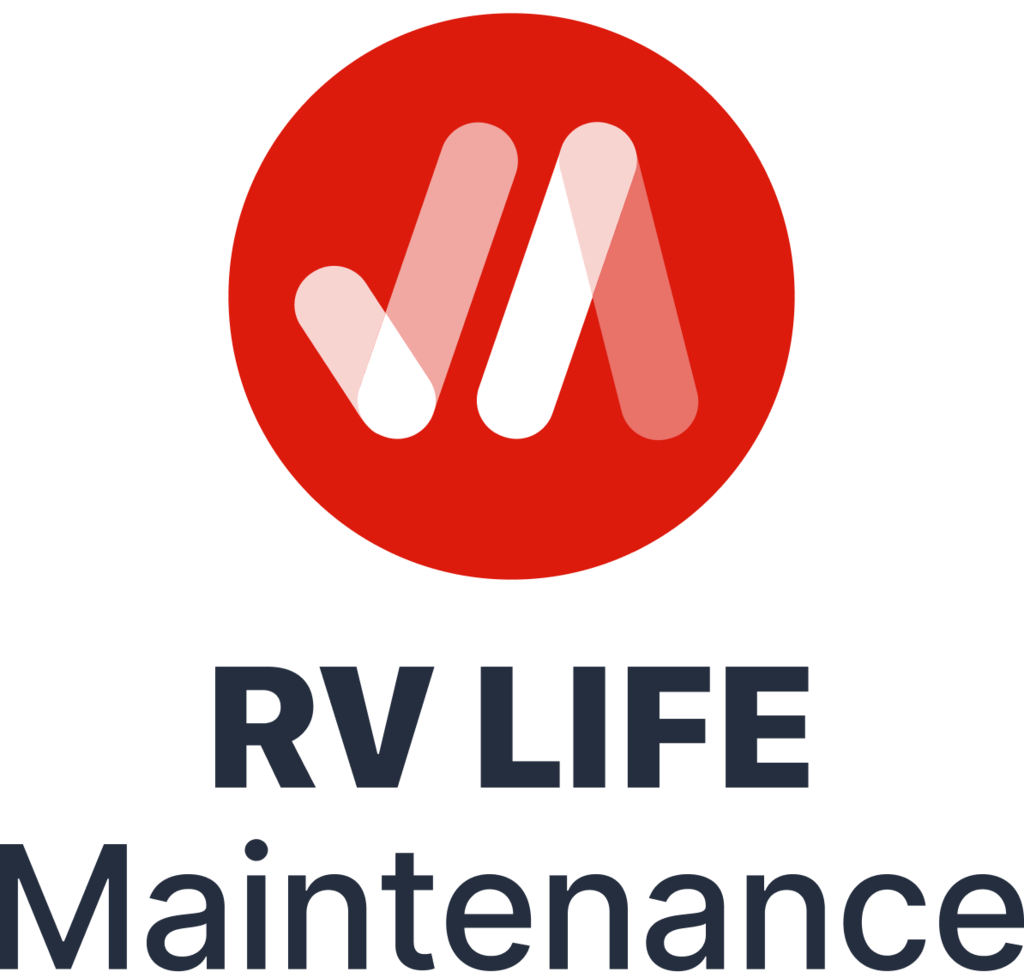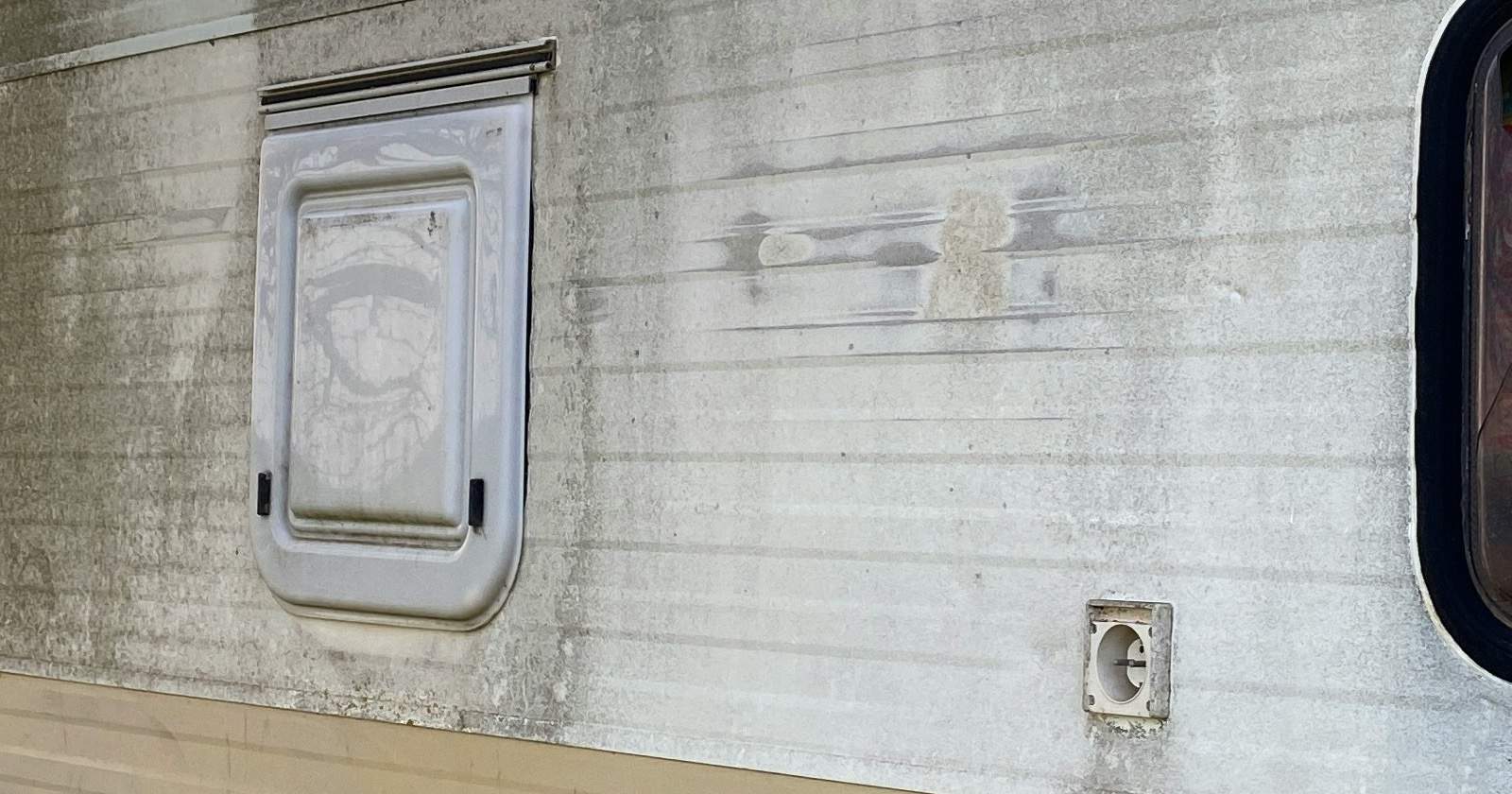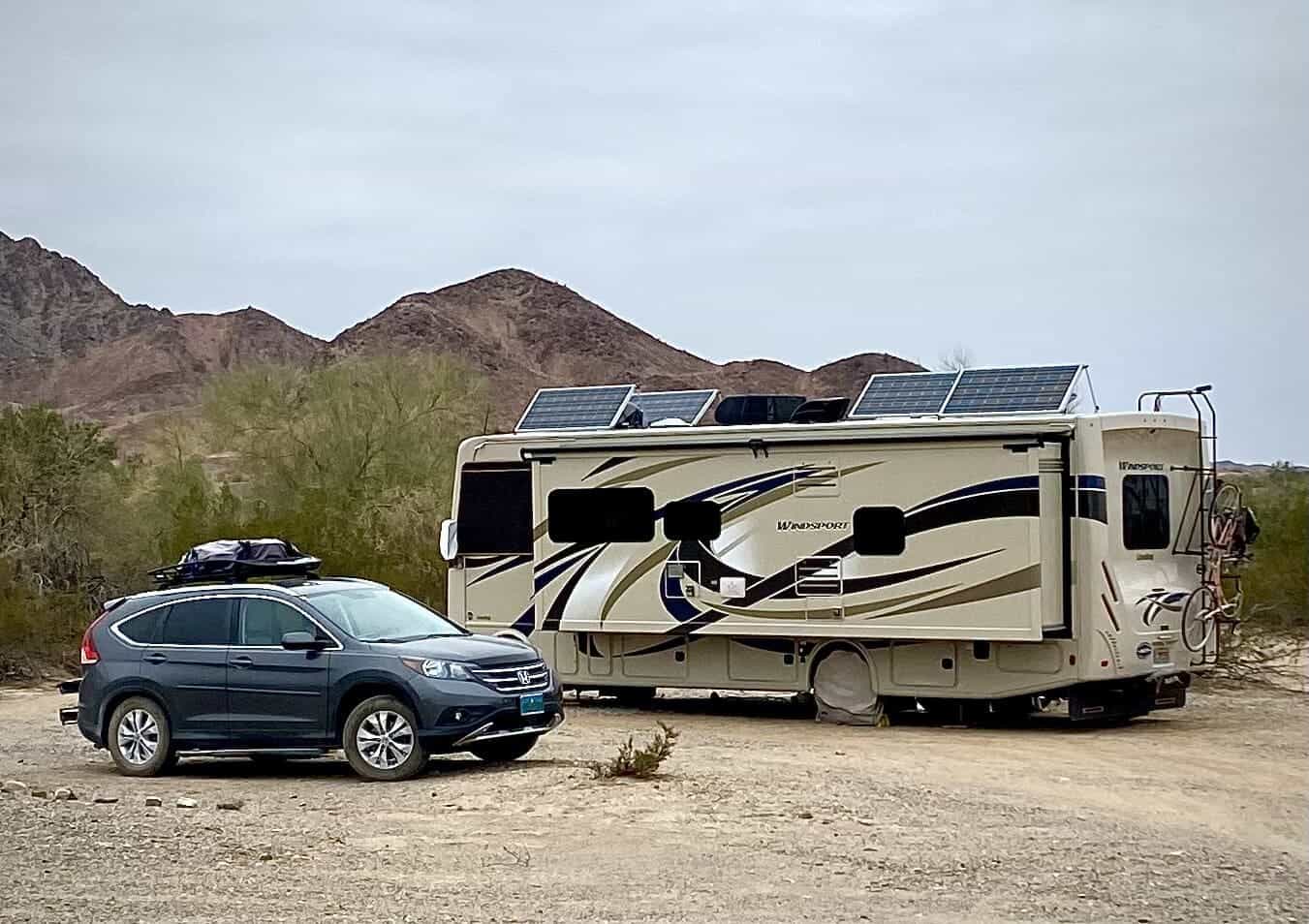If you have an older RV, you probably know about the 10-year rule at RV parks. This is the rule that bans older RVs from staying at those places. Well now, a 10-year rule at RV service centers is also impacting RVs more than 10 years old.
If you own a “classic” model like I do, here’s what you need to know about getting your rig serviced in 2022 and beyond.
This Frustrating Rule About Working on Older RVs is More Common Than Ever
The 10 year rule is in effect at many RV service centers around the U.S. If doesn’t matter if you own an older motorhome, towable, truck camper, or campervan. All RV makes and models are affected. Even RV owners with luxury fifth wheels and motorhomes are turned away if their RV is more than a decade old.
The size of the RV repair shop often doesn’t matter. From big nationwide RV service facilities like Camping World to smaller, independent RV dealers / service centers, many RV shops now turn away RVs made more than 10 years ago. The rule is showing up in other weird ways. For example:
- Some repair shops won’t work on RVs that are over one year old.
- Many RV service centers won’t work on RVs that were not purchased from them.
- And in some places, even if you bought your camper at the dealer where you’re requesting service, the 10-year RV rule at RV shops still applies.
Why are RV service centers turning away customers of older RVs?
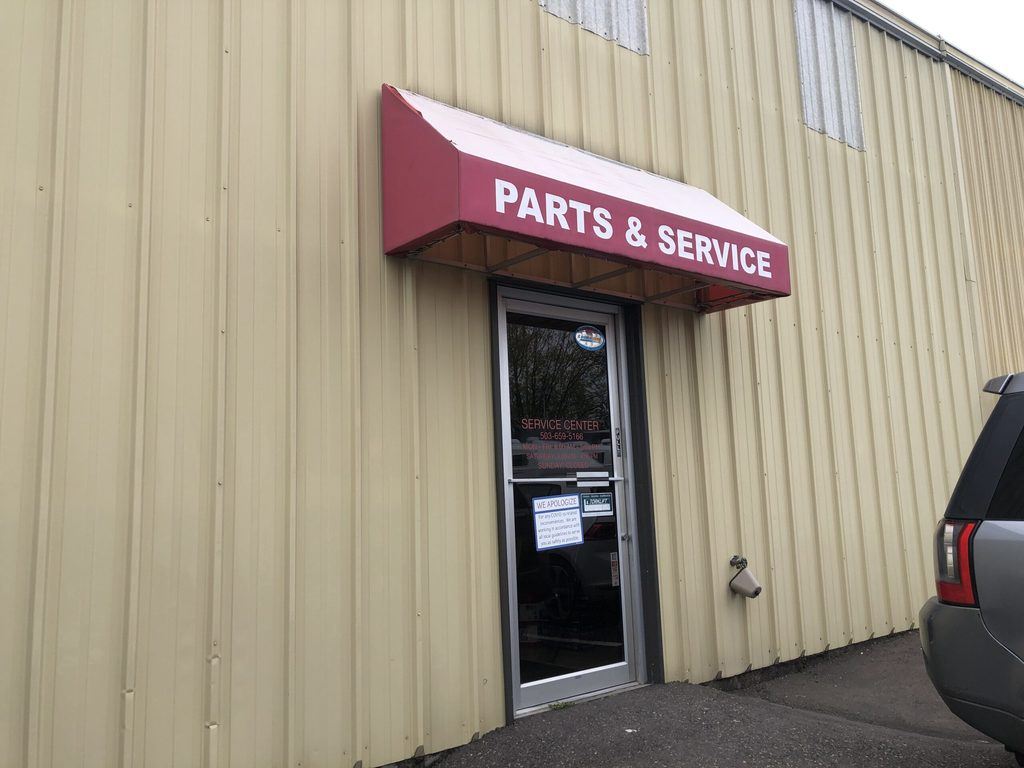
First, you should know that RV service centers are not applying the older RVs rule for the same reasons that many RV parks use it. The two situations are quite different.
RV parks with the 10-year rule apply it to potential guests. Management wants their park to look as nice as possible. Their reasoning doesn’t feel fair to those of us with older RVs, but it’s understandable.
As you know, one run-down stick house in a traditional neighborhood can drag down property values of everything around it. Beat up older RVs can do the same thing to RV parks, by instantly deterring many potential guests who can’t look past that one beat-up camper sitting in the park. Let’s get real. A great deal of RVs older than 10 years look worn and tired. In most cases, it’s easiest for RV park management to apply the rule to all classic RVs than to judge old RVs on a case-by-case basis.
If you have an older RV, you should know that many RV parks waive the 10 year rule for pristine rigs.
Want to park your older camper at a RV park with a 10-year rule?
- Call first. Ask if they can pre-approve your RV with an emailed photo. Most will say yes.
Unfortunately, RV repair centers don’t have time to judge the mechanical issues of older RVs on an individual basis. The 10 year rule at RV service centers is spreading like wildfire across the USA. Haven’t experienced it yet? You will, because it’s coming to a favorite RV mechanic near you.
The reason why RV service centers won’t work on older RVs might not be what you think it is.
Why More RV Service Centers Have the 10 Year Rule
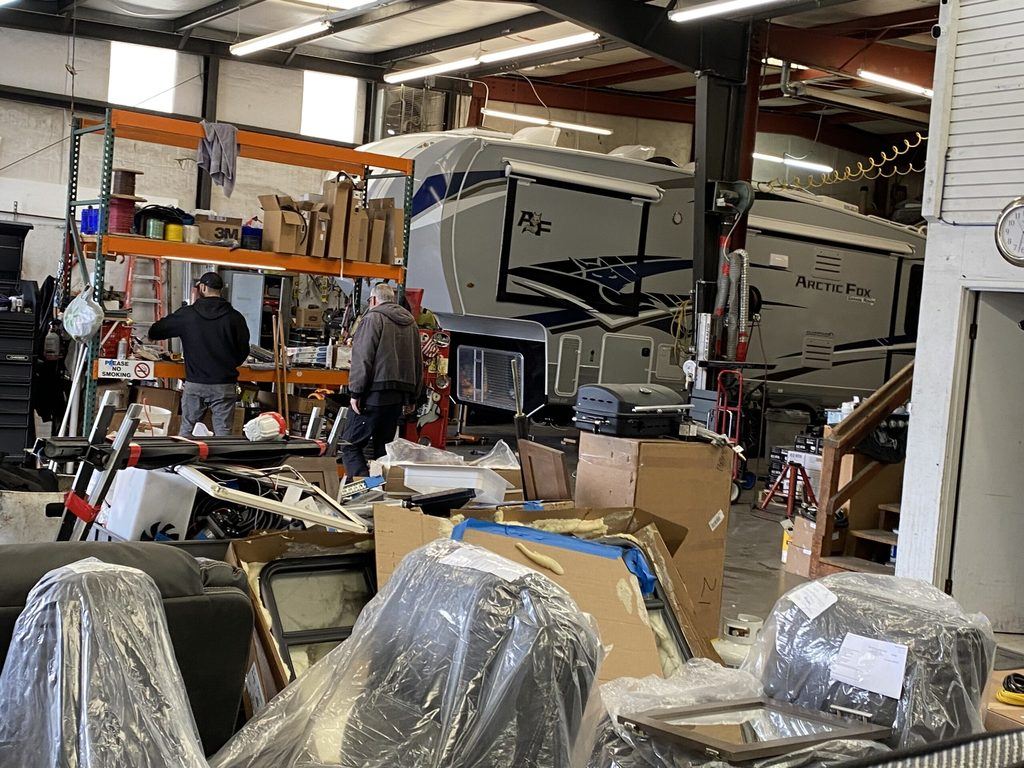
Recently, the service manager of a small chain of RV dealer / service centers in the Pacific Northwest set me straight. He explained why they won’t work on RVs aged over 10 years.
First, it’s no secret that older RVs open a can of worms when they need repairs. That issue hasn’t changed, but what has changed is the available time, materials, and labor that RV service centers have at their disposal. The problem is showing up in two major ways:
RV industry labor shortages.
Many talented RV repair mechanics retired during the COVID-19 pandemic. Younger RV service technicians moved to different industries for better pay. New RV techs in the field need more time and experience to ease the labor shortage.
Replacement parts for old RVs are tough to get. And it’s the same situation for new RVs.
Finding parts for newer RVs is hard these days. Getting repair parts for older RVs is even worse. This is because new RV appliances and components inside rigs are coming off the assembly line with more problems.
These RV industry manufacturers are affected by the labor shortage and manufacturing woes. And until they can produce products with fewer problems, RV service centers are taking the heat.
“We are working on more RV warranty claims than ever before.”
The nice service manager told me “I have a stack of warranty repair jobs ‘this high’” while motioning with his hand raised above his head. “It’s never been this bad!” He explained that it’s not so much the physical structure of new RVs that’s the problem. It’s the appliances and components inside them. And when he tries to file a warranty claim on behalf of the customer, RV manufacturers fight harder than ever to approve the claim.
As an example, his shop has a 1 year old trailer on the lot that’s been there for several months. His team just can’t get replacement parts for that warranty repair job. The customer is livid. The shop team is stressed. And it happens dozens of times every week, with no end in sight.
RV service centers are stuck in the shortage crossfire
The replacement parts bottleneck is causing historically long RV repair delays. Customers are getting more irate and taking it out on staff. “I even had to escort a guy out the other day,” the service manager told me. “He was so mad that it was taking so long to get parts, he was ready to throw punches.”
Rather than be the punching bag for these problems, many RV service centers have a 10-year old RV repair rule. They hope it’s going to give them some breathing room, by limiting the amount of work they take on. Unfortunately, even the new rule against working on older RVs is only beginning of a wider problem that starts at RV production factories.
How to Get Around the 10-Year Rule at RV Shops
If you own an older RV, take comfort in knowing that the 10-year rule at RV service centers is not meant to discriminate against your rig. New RVs of every make, model, and price point are showing up at repair shops with problems.
The good news is that as owners of older RVs that are out of warranty, we have ways to get around the 10-year rule at RV shops.
Step 1: Look for smaller, independent RV mechanics.
Many small-scale RV repair businesses are happy to tackle your classic RV repair job. Look for mobile mechanics and ask other RVers in discussion forums for tips on finding good techs near you.
Step 2: Be your own RV maintenance technician.
Don’t be intimidated at the thought of working on your own rig. Owning an older RV means you have less complex systems to learn. And there’s tons of information out there about how to fix and maintain older RVs.
- Stay on top of RV maintenance with RV LIFE Maintenance. Track your RV maintenance, fuel, documentation. You even get email alerts reminding you to stay on top of DIY RV repairs.
- Turn to experienced DIY-RVers for repair suggestions and advice. Watch RV repair videos on YouTube. Join the many RV communities and RV discussion forum members who are ready to help.
Learn to fix as much as you can on your RV and you will never be kept off the road because an RV repair center’s 10-year RV repairs rule affects you.
What’s Your Experience with the 10-Year Rule at RV Repair Shops?
If you have been turned away for repairs at an RV shop because of the age of your rig, what happened? Share your experience below and tell us how you resolved the problem.


